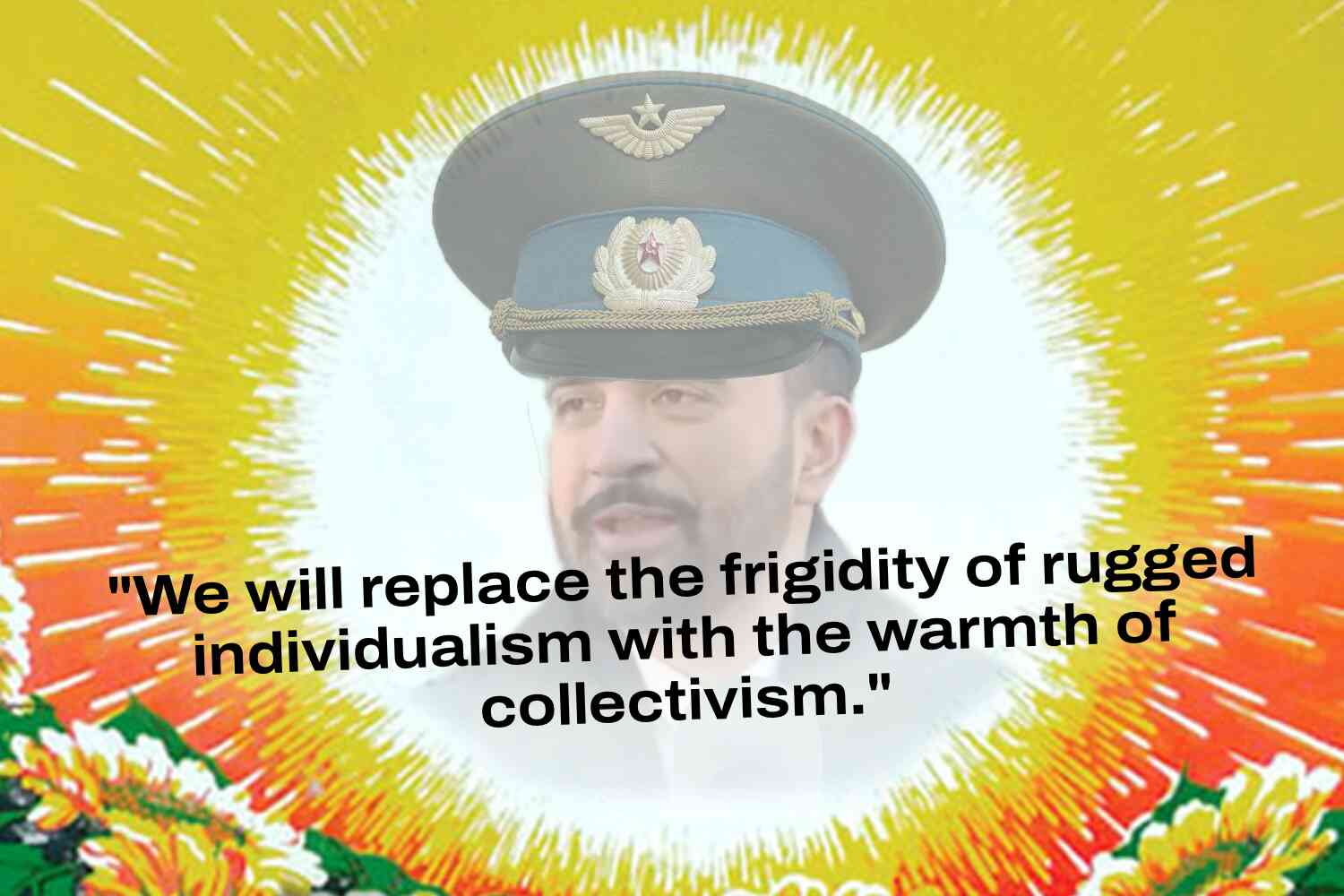Last week I wrote my thoughts on the contemporary state of affairs within America's ongoing sexual revolution, suggesting that with their current transgender craze, the revolutionaries went too far, too fast. While likely not endangering their long-term cultural conquest, the error has significantly damaged their credibility, and has provided Christians with a compelling opportunity to win back some souls from the precipice of the abyss.
Along those lines, I was heartened and encouraged to see a thoughtful piece by First Things author Dan Hitchens on this very topic. In it, he quotes deceased transgender activist Jan Morris, explaining the origins of his sexual confusion:
I was three or perhaps four years old when I realized I had been born into the wrong body, and should really be a girl. I remember the moment well, and it is the earliest memory of my life.
Look at the presuppositions undergirding that claim. There exists a real, unquestioned gender binary - a male, and a female. Masculinity and femininity are real. There is a divide. There is a difference. There is a uniqueness to the two separate and distinct sexes. The distinction must exist if it is going to be crossed; this is the essence of transgenderism. Trans means crossing, either by transgressing (violating the binary) or transcending (moving beyond the binary). In either case, the binary must exist.
But Hitchens pointed out in his article that isn't all that Morris wrote about his sexual journey. Later in the same book, this man who became one of the first transgender figures to be publicly known and celebrated, made the eye-popping claim that, "there is neither man nor woman."
Hitchens comments,
[This] second narrative is one of radical doubt, one that asks whether maleness and femaleness are, in fact, real. It queries whether the kaleidoscopic diversity of human self-experience really can be squeezed into so restrictive a binary; it contends that language is always conditioned by the power structures of the day, that it rarely grasps life as it is actually lived; and it … demolishes the "[born in the] wrong body" [argument]. If the ultimate reality has no place for gender, then Morris's original epiphany was false: To "realize" that one has been "born into the wrong body" must be, not realization, but illusion.
Years ago, theologian and philosopher Francis Schaeffer called this "points of tension." It was his way of describing the inescapable cognitive and intellectual wrestling matches that a person will end up having with themselves when they depart from the absolutes that derive only from the Bible. To claim that truth is relative, that there is no objective, absolute truth that governs all men, in all places, at all times, and that instead it is determined individually and subjectively, is akin to shouting the self-contradictory claim, "There is no truth, except for the truth that says there is no truth."
Should it be legal for foolish men choose to live such rudderless lives, adrift in a sea of moral confusion? Sure. But when the number of those men eclipses the number of men who submit to a moral authority beyond their own passions, it's no longer just an issue of isolated, individualized calamity. It quickly becomes societal catastrophe.
The issue of transgenderism is a prime case study. Notice how it is no longer good enough simply to permit an individual to self-identify and live the life they prefer. No, everyone must be legally compelled to play along. And why? Author Trevin Wax explains:
If you refuse to acquiesce to someone's preferred pronouns, you run afoul of the ["I was born in the wrong body"] narrative because you seem to be imposing something objective on someone's subjective experience. You also run afoul of the ["There is no male or female"] narrative because, if all reality is linguistically constructed, your failure to follow the new rules will keep the new theories from appearing true.
Abigail Favale puts it this way in her book "The Genesis of Gender: A Christian Theory":
If gender identity only exists in language, our language must be manipulated, or else the whole thing falls apart. This is what's at stake in the battle over pronouns: our understanding of reality itself.
In our current cultural moment, Christians are likely to experience the bewildering feeling that somehow they are the only ones left to authoritatively believe and proclaim that God created us "male and female."
Imagine our surprise when it finally dawns on us that we are the only ones left who don't find in reality an enemy to be defeated.
P.S. Now check out our latest video 👇
Disclaimer: The opinions expressed in this article are those of the author and do not necessarily reflect the opinions of Not the Bee or any of its affiliates.









